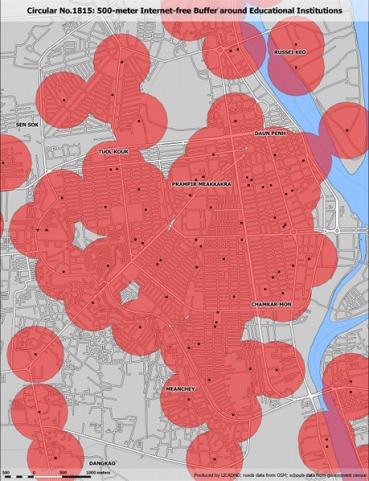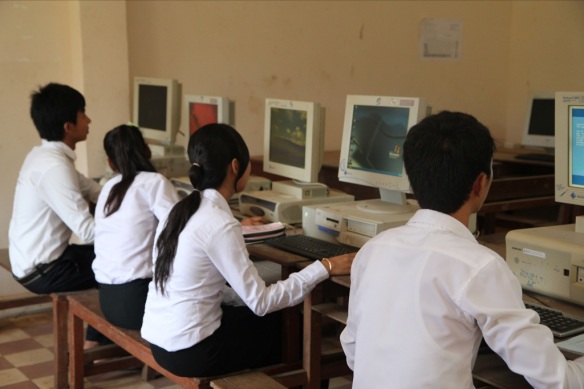I spent my weekend in San Francisco, Sacramento, and a a bit in Stockton, mostly working (with a bit of Mother’s Days festivities thrown in there for good measure). These are the times when I’m awfully grateful that I have access to a car.
The weather in the Bay Area has turned from obnoxiously chilly to sweaty and hot over the course of the last two days, a development I am utterly, completely OK with. I am a tropical creature, best suited for sweltering days and monsoon rains. Keep your grey, malignant drizzle and your buckets of snow far away from me. I’ll take the Chikungunya Fever.
I do note that the weather around here has a perverse tendency to turn really, really windy whenever I want to fly my Phantom.
As for the Internet: yes, we’re still arguing about Boko Haram and hashtags. We will probably continue to do so for a while. You may as well settle down with it. There is no escape.
Live Footage from the International Space Station – NASA
It turns out that it’s pretty soothing to watch the blue curvature of the earth while you diddle away furiously on your latest Google Doc or Spreadsheet. What’s the point of it all? Have another drink! We’re all specks, specks!
Well, that’s probably not the intended message of this lovely livestream, but it’s what I’m getting out of it.
China’s Growing Gender Gap – Guardian
Shockingly enough, sweeping economic change and growing prosperity does not trickle down equally to women. On that topic: read Little Tenement on the Volga, you won’t regret it. It is a very detailed account of the miserable post-USSR years in Russia, and the particular impact of a collapsing economy and rampant, desperate drunkenness on women.
The Reason Every Book in Africa Has The Same Cover – Quartz
I would imagine it’s the same reason every book at Southeast Asia needs to feature an image of a inscrutable Buddha, some bamboo, and perhaps a gecko if everyone’s feeling wild and crazy.
The Mathematics of Murder: Should a Robot Sacrifice Your Life to Save Two? – Popular Science
Fascinating look at the philosophical implications of self-driving cars equipped with super human intellect. We may not be very keen on the results. (And as a Volvo driver, I find this information especially disturbing).
Creating hexaflexagons with Mexican Food – Wimp
I didn’t know what a hexaflexagon was until I watched this, but now I realized it’s simply a template for creating the God King of quesadillas.
Nationalist Monks Call NGOs ‘Traitors’ for Opposing Interfaith Marriage Bill – Irrawaddy
I’m not sure if you were aware of this, but Buddhists can be awful too — as Myanmar’s increasingly aggressive nationalists are proving.
The Lives of Social Spiders – New York Times
Spiders have distinct personalities and choose their careers accordingly. I’m adding this to my life-long PR campaign in favor of spiders. (Well, except for the one that lives in my car. Remind me to tell you about that sometime).





